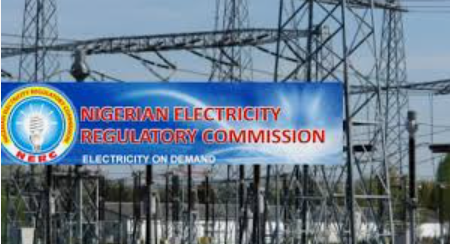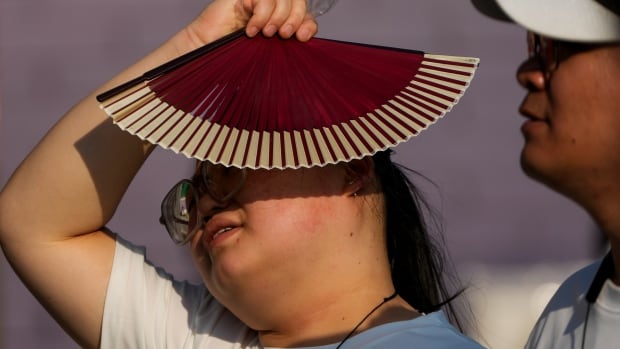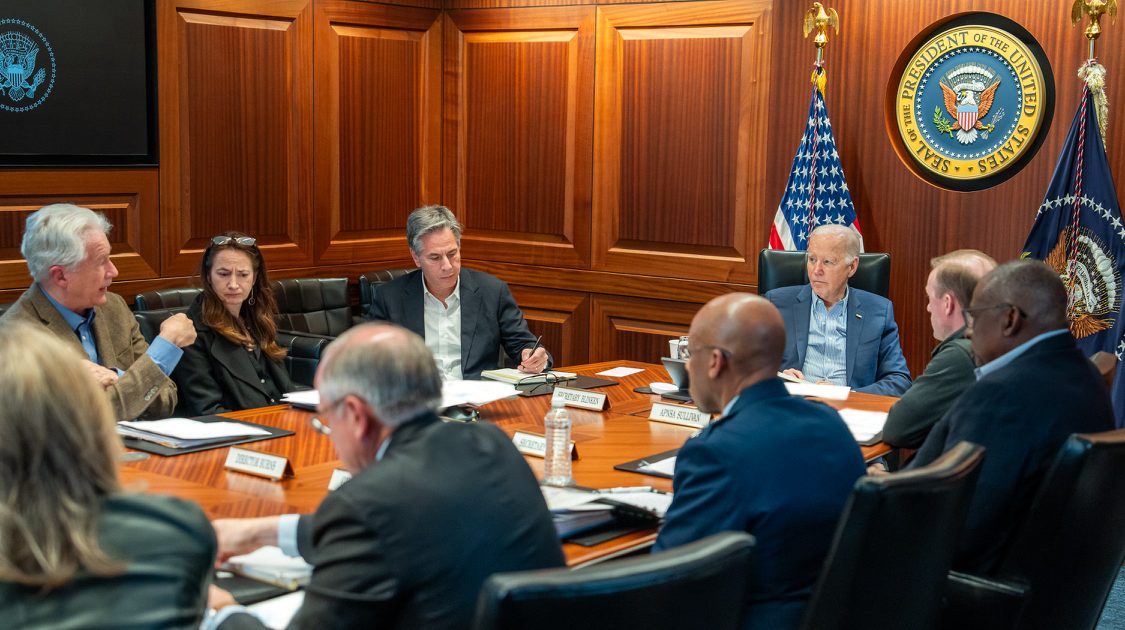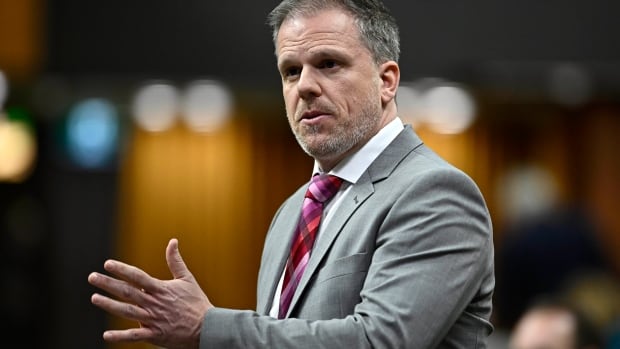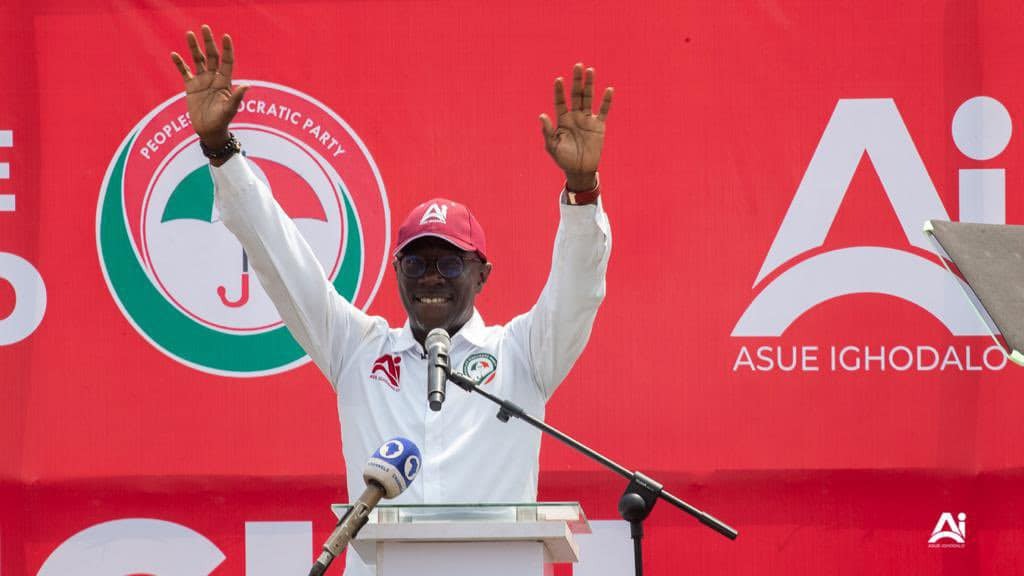
The Nigerian Electricity Regulatory Commission has said that power distribution companies may begin to bear the cost of equipment used to repair faulty transformers and other transmission infrastructure replacements.
It said if the measure is implemented, it will ensure Discos are more prudent and careful with the management of electricity infrastructure.
This came as the Chief Executive Officer of the Association of Power Generation Companies, Joy Ogaji, said that Nigeria recorded 162 cases of grid collapse from 2013 to date.
The Chairman of NERC, Sanusi Garba, and Ogaji, spoke at a public hearing on incessant grid collapses organised by the power sector regulator on Thursday to investigate reasons for the multiple collapses of the national grid.
The NERC chairman noted that the frequent national grid collapse was not just having an impact on the quality of supply to customers but was also impacting on viability of power generation and distribution companies.
Garba said the situation could no longer continue, stressing that immediate action would be taken to stabilize the grid and make it more reliable.
“The reality is that what is truly happening with the national grid is impacting on the viability of not only the Gencos that generate the energy and capacity but also the distribution companies. But most importantly, it’s also impacting the quality of supplies and customers.
“Just one piece of equipment had an issue and the whole country is in a blackout. What is your understanding of why it caught fire? We do not spend millions of dollars buying equipment only for you not to have sufficient protection for such equipment to catch fire. We have had recent instances of huge transformers catching fire as if it is just a bale of cotton, so what measures do we have to make sure this does not happen again? You have a prescription but no solution.
“We read all over the place about manufacturing in Nigeria. I mean, if you cannot deliver the right quality of supply to the real sector, then we’re going to be working on a market that is simply relying on residential customers. And even residential customers don’t consider the performance of the sector good enough.”
He also stressed that Discos had been asked to state the feeders that are most susceptible to weather issues, with a deadline, but nothing was done about it.
“This thing that happened last year, last two years, last three years, the last four years happened this year. It is as if we don’t want to move forward intentionally,” he stated.
On her part, Ogaji said the commission needs to be proactive in addressing the problems causing the collapse.
“The topic for this course, this morning, is not new at all. From the association data taken from 2013 to date, the grid has collapsed 162 times,” she said.
Ogaji also said the data the private sector is capturing is different from what is reported.
According to the APGC CEO, there is a need for transparency in the sector and proper capturing of data by the commission.
“Before the grid code specified or the switch is up to like four. But we have done an investigation and found out that sometimes the cripple is well over four, even up to ten, that is eating into somebody’s generation that would have fetched them money,” she added.
Meanwhile, the Transmission Company of Nigeria said it has received a security advisory from the Office of the National Security Adviser to limit its operations in the area affected by the vandalisation of the Shiroro-Mando Transmission.
The company stated that the lack of power in the area will not be resolve anytime soon due to insecurity.be resolved
The PUNCH reports that the vandalisation of the Ugwuaji-Apir 330-kilovolt (kV) double circuit transmission line has caused over four days of blackout in some states in the north.
